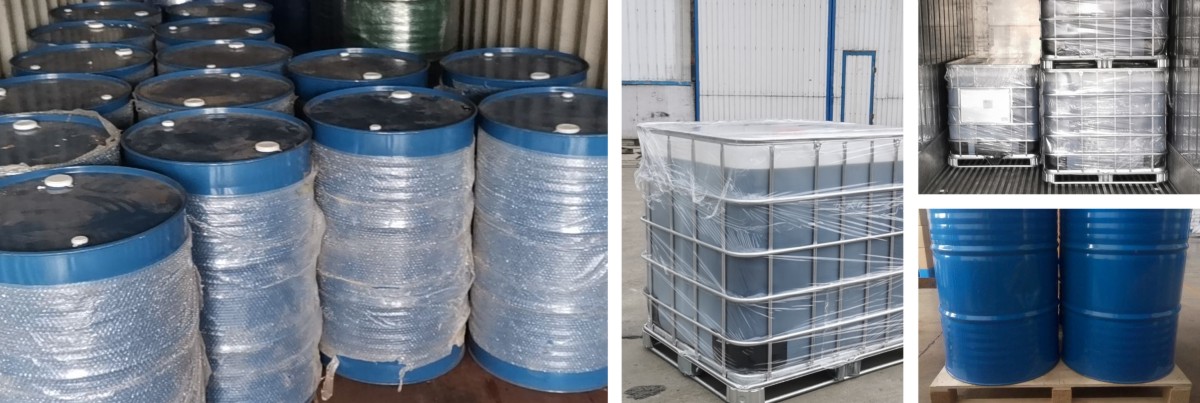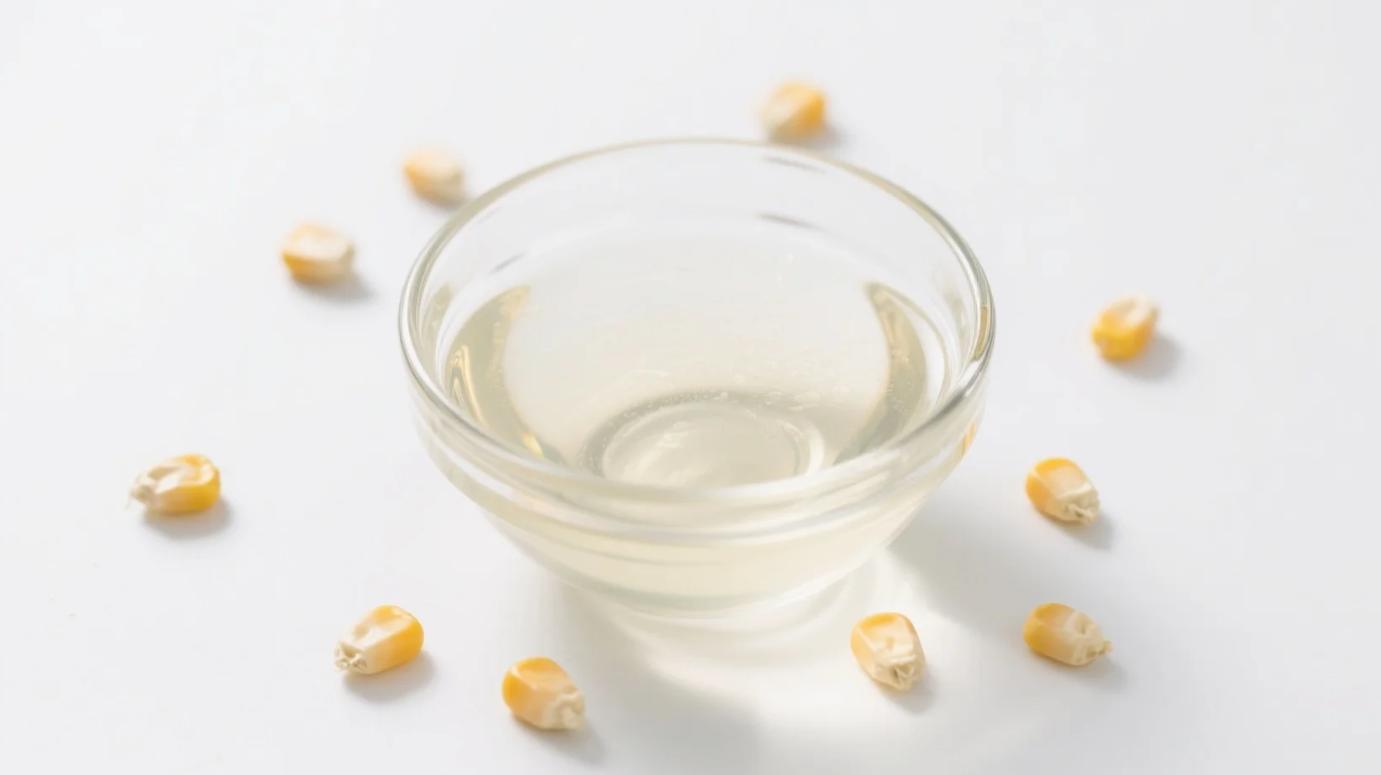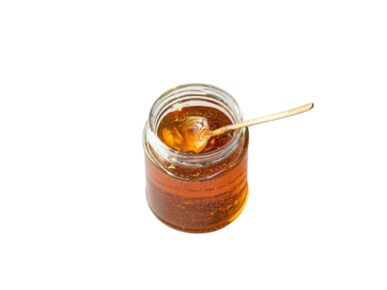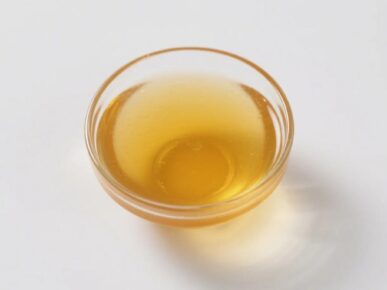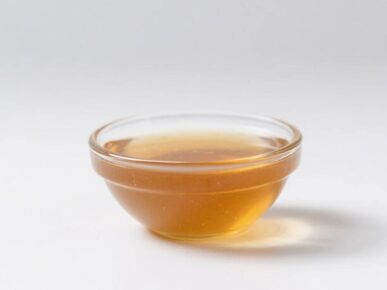Table of Contents
What is Organic Glucose Syrup?
Organic Glucose Syrup (also known as Liquid Glucose or Organic Corn Syrup) is a viscous, plant-based sweetener produced through enzymatic hydrolysis of certified organic corn or tapioca starch. With ≥80% dry solids and a dextrose equivalent (DE) of 40-45, this amber-colored syrup delivers mild sweetness, humectancy, and texture stabilization for clean-label, low-GI, and allergen-sensitive formulations.
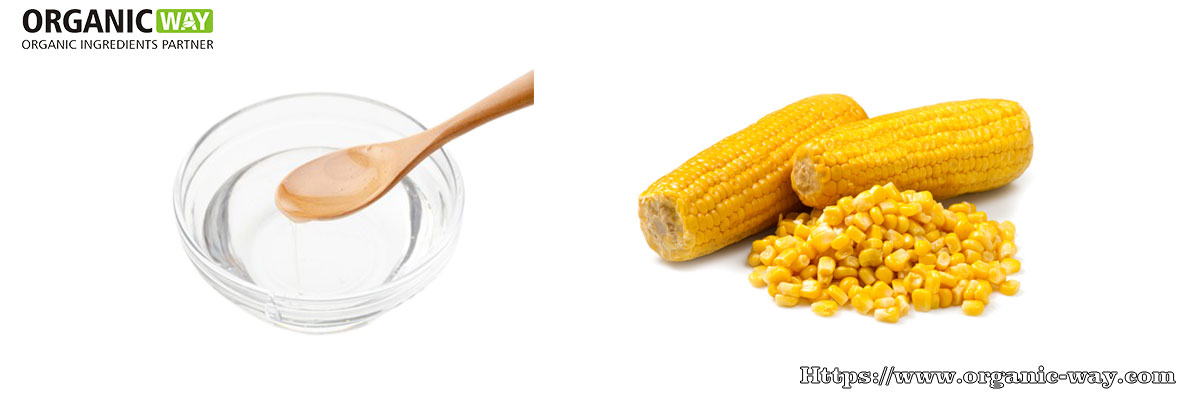
Key Highlights
- Functional Versatility:
- Dextrose Equivalent (DE 40-45): Balances sweetness, viscosity, and crystallization control.
- Humectant & Cryoprotectant: Retains moisture in baked goods and prevents ice crystal formation in frozen desserts.
- Clean & Mild:
- Subtle Sweetness: 30-40% of sucrose’s sweetness, ideal for flavor enhancement without overpowering.
- Non-GMO & Allergen-Free: No corn protein residues, suitable for gluten-free and vegan products.
- Sustainable & Ethical: USDA Organic, EU Organic, non-GMO, vegan, kosher, halal.
Specifications
| Parameter | Details |
|---|---|
| Source | Organic corn starch |
| Processing | Enzymatic hydrolysis, ultrafiltration |
| Appearance | Clear to light amber viscous liquid |
| Dry Solids (Brix) | 80-83°Bx |
| Dextrose Equivalent (DE) | 40-45 |
| pH | 4.5-5.5 |
| Viscosity | 3,000-5,000 cP (25°C) |
| Caloric Value | 3 kcal/g |
| Shelf Life | 12 months |
Key Applications
- Confectionery:
- Chewy Candies: Prevents sugar crystallization in gummies and caramels.
- Chocolate: Controls viscosity in enrobing and fillings.
- Bakery:
- Softens texture in gluten-free breads and prolongs freshness in cookies.
- Beverages:
- Body enhancer in low-sugar soft drinks and functional tonics.
- Dairy Alternatives:
- Improves mouthfeel in plant-based ice creams and yogurts.
- Pharmaceuticals:
- Excipient in cough syrups and energy gels.
Certifications & Quality Assurance
- Organic Certifications: USDA, EU 834/2007, JAS.
- Non-GMO: Verified by the Non-GMO Project.
- Purity: Heavy metals (Pb <0.1ppm, As <0.05ppm), pesticide-free.
- Microbial Safety: Total plate count <1,000 CFU/g, yeast/mold <100 CFU/g.
Why Choose Us?
Eco-Friendly Packaging: Recyclable drums and ISO 14001-certified production.
Customizable DE & Brix: Adjust DE (30-55) and Brix (70-85°Bx) for specific applications.
Technical Expertise: Free formulation support for crystallization control and sugar reduction.
Traceable Supply Chain: Sourced from certified organic farms with blockchain transparency.
FAQs
Q: Is organic glucose syrup the same as corn syrup?
A: Yes, but organic versions use non-GMO crops and avoid synthetic processing aids.
Q: Can diabetics consume organic glucose syrup?
A: While lower glycemic than sucrose, moderate consumption is advised. Consult a healthcare provider.
Q: Is it suitable for vegan diets?
A: Absolutely! It’s 100% plant-derived and cruelty-free.
Q: How does it differ from organic agave syrup?
A: Glucose syrup is less sweet, thicker, and better for texture control, while agave is higher in fructose.
Q: Can I use it in sugar-free products?
A: No—glucose syrup contains carbohydrates. Pair with low-calorie sweeteners (e.g., allulose) for reduced-sugar formulations.
Packing
